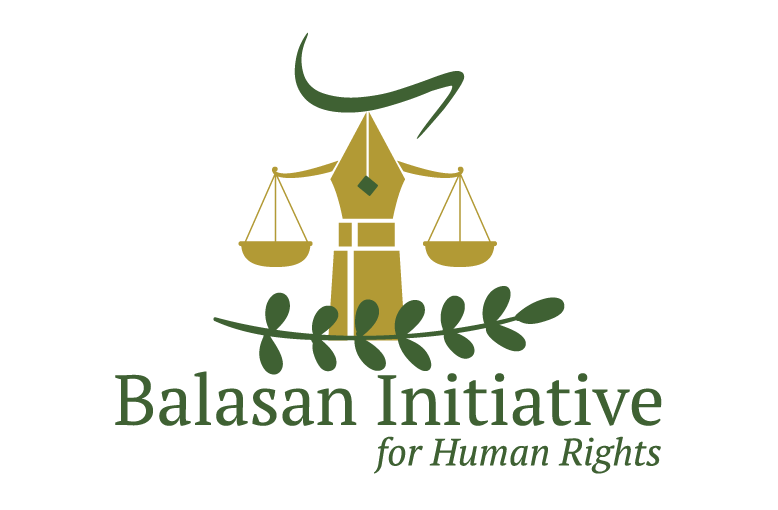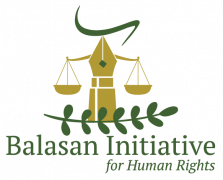Long before the events of October 7th, 2023, Palestinians faced continuous waves of violence orchestrated by Israeli settlers and accompanied, or even protected, by Israeli soldiers. In 2023, this violence reached unprecedented levels, marking a record year. Following October 7th , 2023, and under the directives of Israeli government officials, settler aggression escalated, making it even more blatant and severe.
This systematic aggression is designed to occupy and rob Palestinians of their properties, terrorize and deprive them of their basic human rights, such as the right to life, adequate housing, development, ownership and movement. It ultimately seeks to displace them from their lands, taking advantage of two factors; the global attention fixated on Israel’s war on the Gaza Strip, and an ultra-nationalist right wing Israeli government that has encouraged and emboldened Israeli settlers to increase the level of their violence and violations of Palestinians human rights and impose facts on the ground that are in contrast to the Two State Solution and the signed agreements.
BIHR produced a report and a short movie that capture the significant surge in settler violence, including testimonies from Palestinian communities in some areas in the Bethlehem Governorate that are exposed to escalating Israeli settlers’ attacks. The report and the short movie highlight the grave violations of a broad set of fundamental rights that result from such systematic settler attacks, carried out against Palestinians without any accountability, that seek to forcibly displace them from their lands.

This short movie was produced by the Balasan Initiative for Human Rights, in cooperation with the
Heinrich-Böll-Stiftung – Palestine and Jordan Office.
“This document has been produced with the support of the Heinrich-Böll-Stiftung. The views expressed
herein are those of the author(s) and therefore do not necessarily reflect the opinion of the Heinrich-Böll-
Stiftung.”


